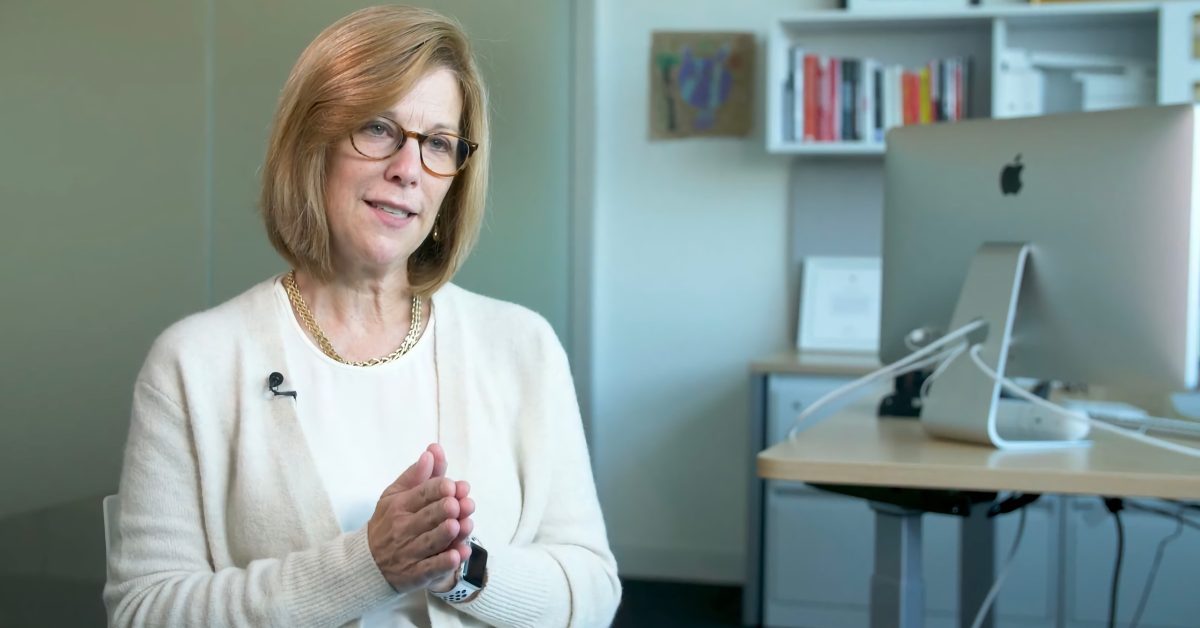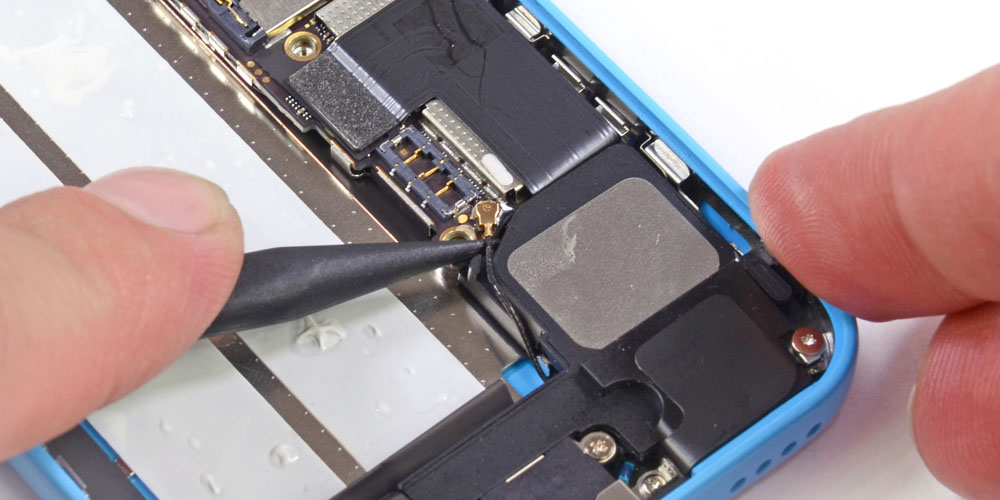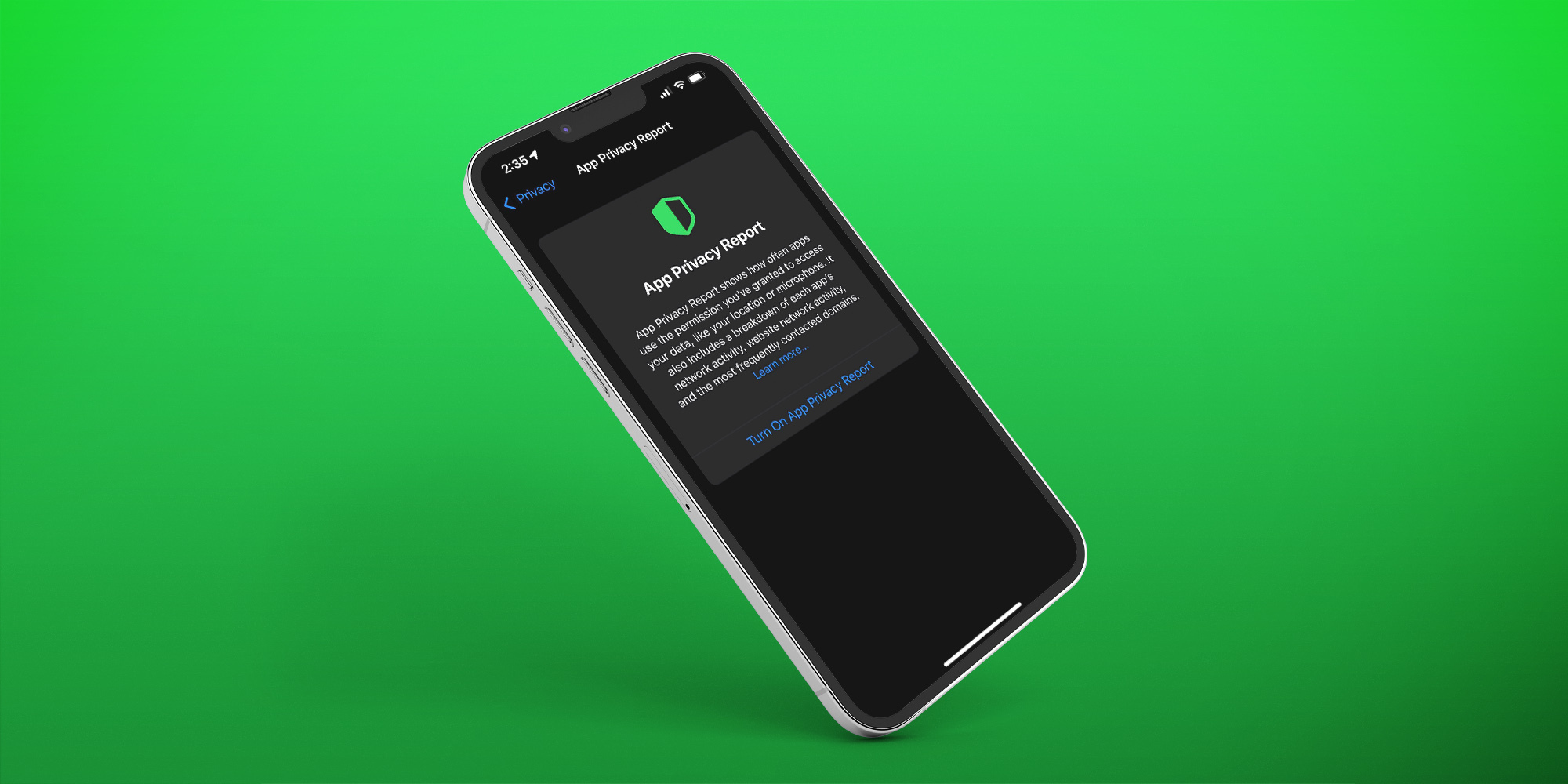Apple’s privacy chief talks about backdoors in iOS, GDPR, and more in interview

Privacy is a major concern of Apple for a long time. Every year, the company releases new methods to improve security on its products. This week, ELLE magazine published an interview with Apple’s chief privacy officer Jane Horvath, in which she talks about backdoors in iOS, GDPR, and more.
Table of contents
Hovarth’s career
With a degree in computer science, Hovarth began her career as a programmer for a government contractor long before joining Apple. But thanks to her ambitions, she went to law school and landed a job at AOL in 1995 as one of the youngest lawyers on the team.
After that, Hovarth specialized in privacy policy and joined the U.S. Department of Justice (DOJ) until 2007, when she took a job as Global Privacy Counsel at Google. There, the executive says she learned “a very good introduction to the internet world.” It wasn’t until 2011 that Horvath was hired by Apple, although that had always been her “dream job.”
The executive described Apple’s business model differently from those of other tech companies. She met with a colleague to talk about the types of data that engineers could collect. They told her that they were able to identify people using data that they had collected. But they did not want to.
A colleague said to me, “We might be able to string this data together to all of the other data we’re collecting and somehow identify someone, and we don’t want to do that.” I thought, Wow, I have arrived at a place that really, really protects privacy.
Backdoors in iOS

Since the San Bernardino case in December 2015, the FBI asked Apple to develop a way to unlock iOS devices without the users’ passwords after police recovered an iPhone 5C from one of the shooters. Apple, however, has always denied the request – which led the FBI to work with another security company on a brute force unlocking method for iOS.
Apple’s privacy chief, who was part of the discussions in that case, said the company would have opened that iPhone if it wouldn’t have impacted “every other phone.” However, creating a backdoor for that one case would also open a security breach that would compromise all customers.
Horvath says Apple has resisted requests to build a version of iOS that “would’ve basically made every other phone vulnerable.”
GPDR and online privacy
In a world where everything is connected online, privacy has become more important than ever. Even though some people believe privacy doesn’t really matter, they could still be affected by ransomware and data leaks. This is why privacy and security are closely related to Horvath.
When referring to online ads, the executive raises concerns about how much data such content can collect from their users. Apple is trying to get customers to pay attention by providing options and alerts so they can make their own decisions about whether or not they want to be tracked.
Take a moment to pause whenever one of the boxes appears and learn a bit more about it. Also, go back and look at the choices you’ve made, because even I, in the heat of just wanting something, make certain choices. That, and always think before you post. It’s hard to get data back once it is out.

Horvath compares iOS’ privacy features to the General Data Protection Regulation (GDPR), which is a European Union law to ensure the protection of user data as a human right. According to the executive, Apple devices offer its users “the same rights as Europeans regardless of their location .”
.”
Wrap up
The interview also has some other details about Horvath’s career as well as some tips that she gives to help users ensure their privacy online.
You can read the full interview in the article available on ELLE.com.
More about privacy
- Apple takes on data brokers and auctions with new ‘Privacy on iPhone’ ad campaign
- Apple patches dozens of security flaws with iOS 15. 5, over 50 fixes for macOS 12. 4
- Cellebrite iPhone cracking: Here’s which models the kit can unlock and access, and how to protect your data
Source: 9to5mac.com